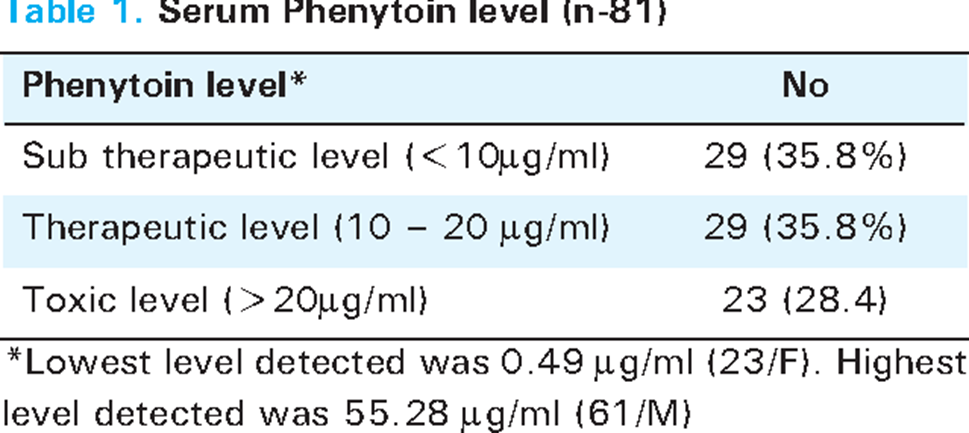A 6-year-old boy has been started on an extended-release form of methylphenidate hydrochloride for the treatment of attention deficit hyperactivity disorder (ADHD). During a follow-up visit, his mother tells the nurse that she has been giving the medication at bedtime so that it will be "in his system" when he goes to school the next morning. What is the nurse's appropriate evaluation of the mother's actions?
The last dose of medication should be given 4 to 6 hours before bedtime to diminish insomnia.
The medication should be taken with meals for optimal absorption.
The medication should not be taken until he is at school.
She is giving him the medication dosage appropriately.
The Correct Answer is A
A. The last dose of medication should be given 4 to 6 hours before bedtime to diminish insomnia: Methylphenidate is a stimulant medication commonly used to treat ADHD.
Administering it at bedtime may interfere with sleep onset and lead to insomnia. It's important to follow the prescribed dosing schedule to optimize symptom control during waking hours while minimizing adverse effects on sleep.
B. The medication should be taken with meals for optimal absorption: While taking
methylphenidate with meals may help reduce gastrointestinal side effects, the timing of administration relative to bedtime is more relevant to address in this scenario.
C. The medication should not be taken until he is at school: Delaying medication until the child is at school may result in inadequate symptom control during the morning when ADHD
symptoms are often most problematic.
D. She is giving him the medication dosage appropriately: Administering methylphenidate at bedtime is not appropriate and may lead to insomnia rather than optimizing symptom control during the day.
Nursing Test Bank
Naxlex Comprehensive Predictor Exams
Related Questions
Correct Answer is A
Explanation
A. Getting up slowly from a sitting or lying position is an important aspect of patient education for individuals taking tamsulosin, as this medication can cause orthostatic hypotension, leading to dizziness or fainting upon standing up quickly.
B. Tamsulosin is often taken once daily, approximately 30 minutes after the same meal each day, typically breakfast or the first meal of the day. Taking it with breakfast is not a requirement for
its efficacy.
C. There is no need to restrict fluids while on tamsulosin therapy. In fact, adequate hydration is generally encouraged.
D. Tamsulosin is not typically associated with causing hypertension. Instead, it is more commonly associated with hypotension, especially orthostatic hypotension.
Correct Answer is A
Explanation
A. The drug level is at a toxic level, and the dosage needs to be reduced. Phenytoin has a narrow therapeutic range, and levels above 20 mcg/mL are considered to be in the toxic range.
Symptoms of phenytoin toxicity can include nystagmus, ataxia, slurred speech, and confusion. Therefore, if a patient's phenytoin level is 23 mcg/mL, the nurse should be concerned about potential toxicity and consult with the healthcare provider to adjust the dosage.
B. The patient's seizures should be under control if she is also taking a second antiepileptic drug.
While combination therapy with multiple antiepileptic drugs can help control seizures, a phenytoin level of 23 mcg/mL is still concerning for toxicity and requires intervention.
C. The patient is at risk for seizures because the drug level is not at a therapeutic level. A phenytoin level of 23 mcg/mL is actually above the therapeutic range and is more indicative of toxicity rather than subtherapeutic levels.
D. The patient's seizures should be under control because this is a therapeutic drug level. A phenytoin level of 23 mcg/mL is not within the therapeutic range but rather in the toxic range, so the patient may experience symptoms of toxicity rather than having adequate seizure control.

Whether you are a student looking to ace your exams or a practicing nurse seeking to enhance your expertise , our nursing education contents will empower you with the confidence and competence to make a difference in the lives of patients and become a respected leader in the healthcare field.
Visit Naxlex, invest in your future and unlock endless possibilities with our unparalleled nursing education contents today
Report Wrong Answer on the Current Question
Do you disagree with the answer? If yes, what is your expected answer? Explain.
Kindly be descriptive with the issue you are facing.
